New Investment Opportunities
Coming Soon
Here at Iron Mountain Capital Group® we are always vetting partners and investment opportunities across the following asset classes:
Multifamily Communities
Single Family Portfolios
Self-Storage
Triple Net
Retail
Commercial
RV Parks
Mobile Home Communities
Private lending
Be the first to know when new investments meet our criteria.
Complete the form below to join the inner circle.
What We Look For In Our Investments

Low-Risk Profile:
Value-add strategies allow investors to improve the already existing rent roll and operating expenses, while receiving cash flow from the already performing asset.

Grow Revenue:
Upgraded properties can command higher rents, improving cash flow and overall investment profitability. Meeting current tenant demands but at a discount to the top of the market new developments.

Cash Flow Improvement:
Upgraded properties can command higher rents, improving cash flow and overall investment profitability.
Iron Mountain Capital Group does not make investment recommendations, and no communication through this website or in any other medium should be construed as such. Investment opportunities posted on this website are "private placements" of securities that are not publicly traded, are subject to holding period requirements, and are intended for investors who do not need a liquid investment. Private placement investments are NOT bank deposits (and thus NOT insured by the FDIC or by any other federal governmental agency), are NOT guaranteed by Iron Mountain Capital Group and may lose value. Neither the Securities and Exchange Commission nor any federal or state securities commission or regulatory authority has recommended or approved any investment or the accuracy or completeness of any of the information or materials provided by or through the website. Investors must be able to afford the loss of their entire investment. Any financial projections or returns shown on the website are estimated predictions of performance only, are hypothetical, are not based on actual investment results and are not guarantees of future results. Estimated projections do not represent or guarantee the actual results of any transaction, and no representation is made that any transaction will, or is likely to, achieve results or profits similar to those shown. Any investment information contained herein has been secured from sources that believes are reliable, but we make no representations or warranties as to the accuracy of such information and accept no liability therefor. Offers to sell, or the solicitations of offers to buy, any security can only be made through official offering documents that contain important information about risks, fees and expenses. Investors should conduct their own due diligence, not rely on the financial assumptions or estimates displayed on this website, and are encouraged to consult with a financial advisor, attorney, accountant, and any other professional that can help you to understand and assess the risks associated with any investment opportunity. Investments in private placements involve a high degree of risk and may result in a partial or total loss of your investment. Private placements are generally illiquid investments. Investors should consult with their investment, legal, and tax advisors regarding any private placement investment.
© 2025 Iron Mountain Capital Group All rights reserved.
